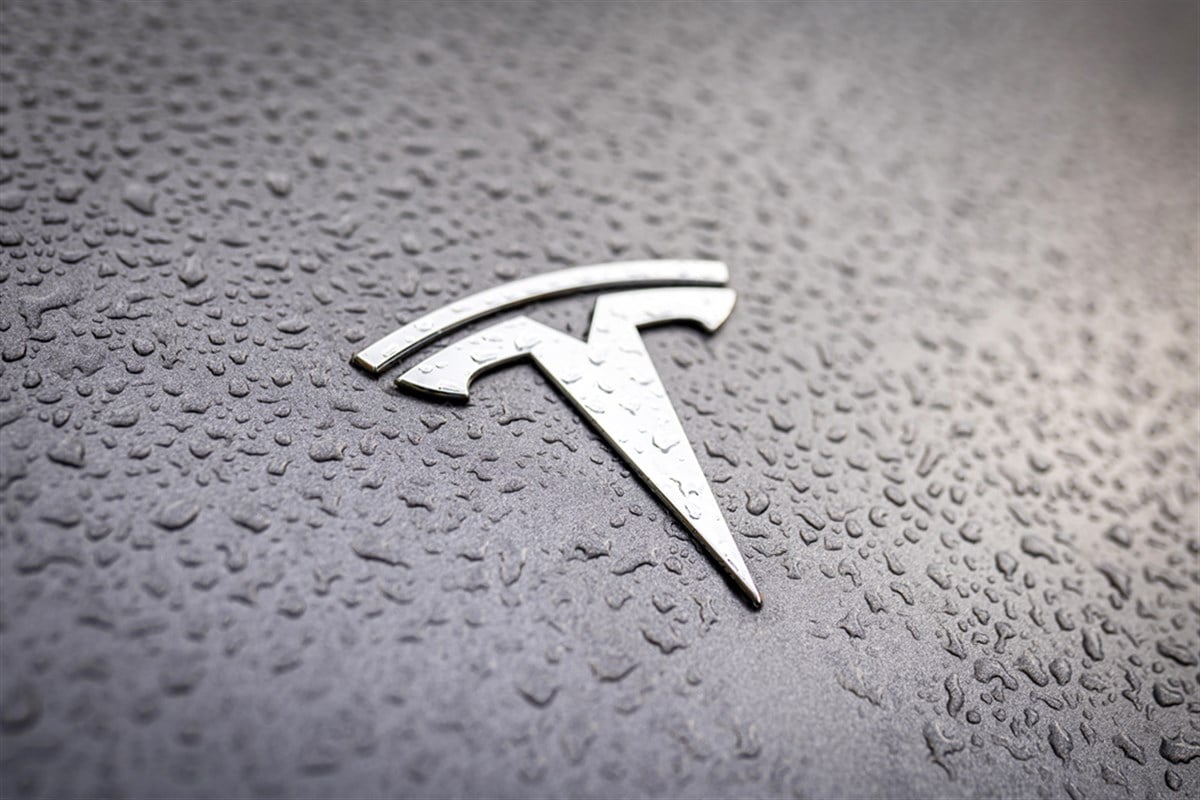
It isn’t often that investors get to consider the more straightforward deals in Wall Street before they become too mainstream and recognized to get in, as when an investment is too popularized, the upside can often start to get priced into the stock and leave little to no upside left after everyone hears about the deal. Today, investors can get in before the rest.
There is a massive change happening in the global economy, as well as sentiment about tariffs and trade policy around the import and export of electric vehicles (EVs). Primarily, the United States and some European nations are starting to increase their tariffs (often as high as 100%) on Chinese electric vehicles. While that might affect stocks like BYD (OTCMKTS: BYDDF) and NIO Inc. (NYSE: NIO), there is one other player in the space that is set to win more market share.
That stock is Tesla Inc. (NASDAQ: TSLA), which is more than just an automotive stock. Most need to realize that Tesla is working on other breakthroughs in the technology sector, combining recent breakthroughs and combining them with the energy and automotive sectors as well. This is the new angle taken by Wall Street analysts when boosting the stock, another tailwind coupled by the global tariff initiative.
How Tesla's Market Share Could Be Impacted by Upcoming Tariffs
There is no alternative to BYD in international markets other than Tesla. It seems that the latter has already been adopted widely throughout Europe and North America, so the recent tariffs will only accelerate Tesla’s market share takeover in these and other regions.
But these tariffs probably won’t stop there. As Tesla now expands its manufacturing operations to Mexico and other countries for more efficient labor costs, these countries might adopt the same view to favor Tesla over Chinese EVs as new jobs are created to grow and boost their own economies.
Every government loves to push their infrastructure spending bills higher at each chance they get, so welcoming Tesla factories to their turf means a few billion in necessary investment to build the needed infrastructure to not only manufacture these EVs but also the charging stations needed to sustain them once bought.
Now that the stock trades at only 80% of its 52-week high price, investors have a new chance to close down the gap to the upside, especially as most of the stock market indexes now trade at much higher levels relative to highs. Here’s where Wall Street analysts see the catalyst to deliver this new run higher.
Accelerating Tailwinds Prompt Wall Street Analyst to Boost Tesla Stock
Investors would expect that Tesla’s sales in China would drop as a result of the world placing tariffs on Chinese EVs, making companies like BYD and NIO take on measures to regain market share in their domestic markets. However, that’s not the case today.
Tesla reports a 15% jump in China deliveries over the third quarter measured last year, and up to 16,200 insurance registrations were seen during early September 2024, up 12% from the prior weekly measure. Despite tariffs and potential loss of market share, China is still letting Tesla operate freely on its home turf, and the upside is now more apparent.
Analyst Ed Yu from Deutsche Bank recently resumed his coverage of Tesla stock, this time placing a “Buy” rating coupled with an optimistic price target set as high as $295 a share. To prove this new target right, the stock would have to rally by as much as 28.2% from where it trades today.
Not only that but the overall consensus for earnings per share (EPS) growth is now set at 44% for the next 12 months in Tesla stock. Driving this growth is the fact that Tesla is not only a car manufacturer; according to Yu, Tesla is a ”technology platform attempting to reshape multiple industries.”
And he’s not wrong. As mentioned, Tesla is helping drive countries to invest in infrastructure to support alternative energy sources, which includes solar panels installed by the company to help streamline the charge and energy storage process for Tesla vehicles.
Facing all this potential upside and bullish momentum, bears decided to retreat from the company. Tesla stock’s short interest declined by 5.8% over the past month to show bearish capitulation, leaving additional room for other buyers to come in.
And that they did; out of the $25.7 billion of institutional capital that came into the stock over the past 12 months, those at Ameriprise Financial decided to boost their holdings by up to 10.7% as of August 2024, netting their investment at up to $941 million today.
There is one more gauge for investors to consider when wondering whether this sentiment and valuation is realistic for Tesla stock. Through a valuation comparison, it becomes clear that markets are willing to pay a significant premium for Tesla compared to the rest of the auto sector.
As the company trades at 58.2x price-to-earnings (P/E) ratio, it is significantly above the auto sector’s average 10.3x valuation. There is typically a good reason for markets to pay premiums for specific stocks, and Tesla is no exception.





